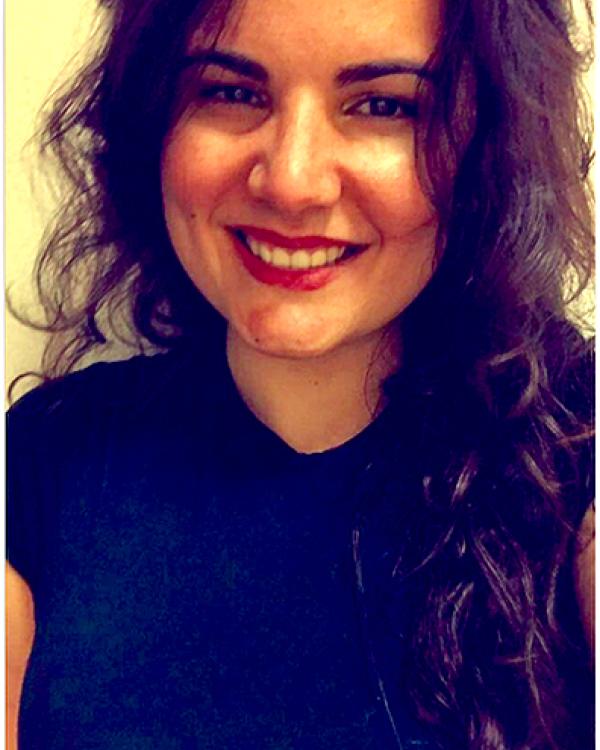
Gevirtz School student María D. Vázquez was granted a University of California Institute for Mexico and the United States (UC MEXUS) award. Her project looks at resilience and/or thriving in formerly incarcerated Latino men who were able to overcome their experience of incarceration and are now enrolled in college. The project was funded by UC MEXUS, which works to develop and sustain a coordinated, University wide approach to Mexico-related studies. Vázquez will present preliminary findings at the CCSP 2017 Research Festival here at UCSB and at the Diversity Challenge Conference for the Institution for the Study and Promotion of Race and Culture at Boston College, her alma mater.
Vázquez first became fascinated with this population after attending a workshop at UC Berkeley’s 2015 Student of Color Conference and meeting students from the Underground Scholars Initiative, a student advocacy organization for formerly incarcerated students at the university. She is passionate about strengths-focused approaches to minority mental health, a passion that she is able to take advantage of everyday as one of the Coordinators for the Santa Barbara Wellness Project, and advocating for understanding how social forces influence individuals’ experiences and psychological well-being.
Vázquez is entering her third year in the Counseling Psychology emphasis working with Melissa Morgan-Consoli in the Department of Counseling, Clinical and School Psychology. She graduated from Boston College in 2015 with a B.A. in Sociology and Applied Psychology. She was a McNair Scholar, and earned fellowships from the Thea Bowman AHANA & Intercultural Center and the Montserrat Coalition of Boston College. She is currently completing her clinical practicums at the Juvenile Justice Facility in Oxnard, and is also working at the Hosford Clinic where she has been providing counseling and psychotherapy services to mainly Latinx and Spanish-speaking populations. Her current research interests include resilience, thriving, and wellness in the Latinx community, access and use of mental health services, and access to higher education, all from a strong social justice perspective.